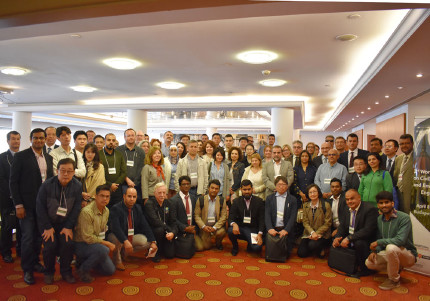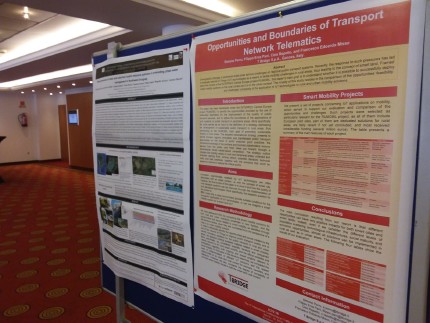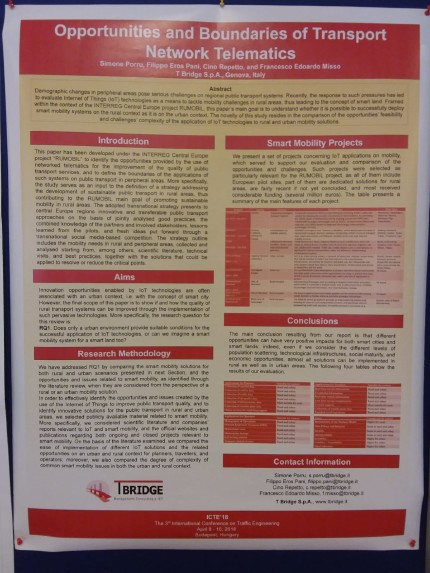The 3rd International Conference on Traffic Engineering
The 3rd International Conference on Traffic Engineering (ICTE'18) aims to become the leading annual conference in fields related to traffic engineering. The goal of ICTE'18 is to gather scholars from all over the world to present advances in the relevant fields and to foster an environment conducive to exchanging ideas and information. This conference will also provide an ideal environment to develop new collaborations and meet experts on the fundamentals, applications, and products of the mentioned fields.
T Bridge has produced a work paper on “Opportunities and Boundaries of Transport Network Telematics” that has been accepted for presentation and publication in the proceedings of the 3rd International Conference on Traffic Engineering, which was held in Budapest during April 8 - 10, 2018.
See more at: https://teconference.com/
Opportunities and Boundaries of Transport Network Telematics
Simone Porru, Filippo Eros Pani, Cino Repetto, Francesco Edoardo Misso
T Bridge via Garibaldi 7/10, Genova, Italy
Demographic changes in peripheral areas pose serious challenges on regional public transport systems. Recently, the response to such pressures has led to evaluate Internet of Things (IoT) technologies as a means to tackle mobility challenges in rural areas, thus leading to the concept of smart land. The urban areas usually provide suitable conditions for the successful application of IoT technologies, as proven by the successful outcome of several smart city projects. Framed within the context of the INTERREG Central Europe project RUMOBIL, this paper’s main goal is to understand whether it is possible to successfully deploy smart mobility systems on the rural context as it is on the urban context. To this aim, on the basis of a comprehensive literature review, paper contains comparison of the ease of implementation of different IoT solutions on the urban and the rural context for planners, travellers, and operators, and, also, the degree of complexity of common smart mobility issues in both the urban and the rural context. Indeed, the novelty of this study resides in the comparison of the opportunities’ feasibility and challenges’ complexity of the application of IoT technologies to rural and urban mobility solutions. Therefore it was found that both smart cities and smart lands are suitable to benefit from smart mobility solutions. Even considering the different levels of population scattering, technological infrastructures, social maturity, and economic opportunities, both rural and urban areas offer comparable advantages.




